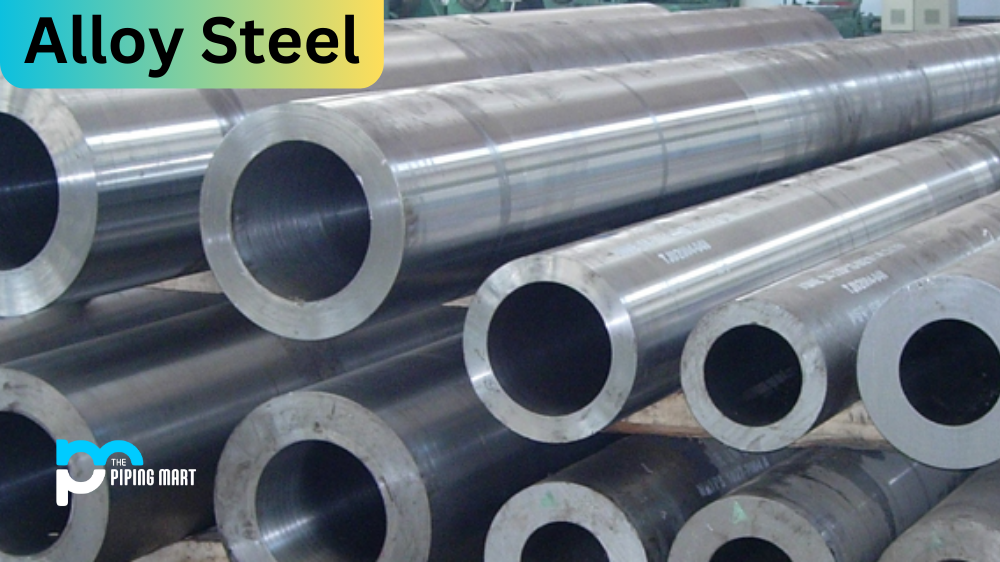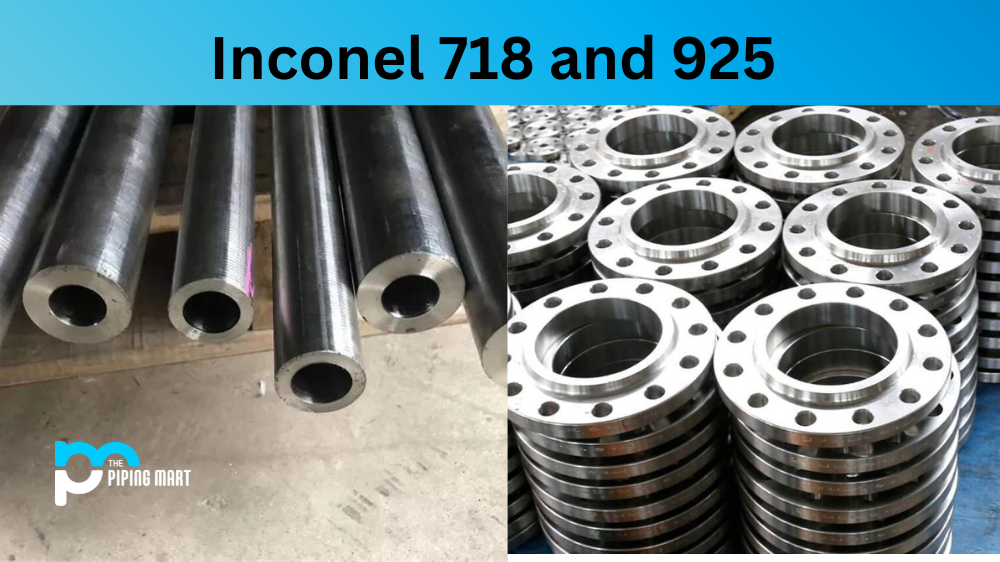Alloy steel has been a reliable material in high-temperature environments for a long time. Its stable properties make it popular in industries like power generation, aerospace, and petrochemicals. Alloy steel combines different metals, improving its mechanical and chemical properties. These alloys differ primarily in the amounts of carbon, manganese, and silicon added to iron. In this blog post, we’ll delve into the influence alloy steel has on high-temperature environments.
What is Alloy Steel?
Alloy steel is a type of steel that contains additional elements other than just iron and carbon. These elements include manganese, silicon, nickel, chromium, and titanium. This composition makes alloy steel stronger and more durable than traditional steel. It also allows for customizing its properties to suit specific needs in various industries such as automotive, construction, aerospace, and oil and gas.
One aspect that sets alloy steel apart from other materials is its ability to withstand high temperatures without losing strength or shape. This makes it ideal for applications with crucial heat resistance, like boilers and turbine blades. Additionally, due to its exceptional hardness and toughness properties, it is widely used in manufacturing tools such as cutting knives and drills.
The versatility of alloy steel cannot be overstated either. With the ability to be easily formed into different shapes through hot rolling or forging, it has become a go-to material choice for building structures that require strength and aesthetic appeal.
Moreover, depending on the desired properties of an application or product being manufactured using alloy steel, it can be modified further by heat treatment processes like annealing or quenching.
Alloy Steel’s Pervasive Influence in High-Temperature Environments
1) High-Temperature Strength:
Science defines a high-temperature environment as any location above 500°F. Unfortunately, most metals fall short under these conditions where the heat warps and compromises their mechanical properties. However, alloy steel contains more carbons than pure iron, giving it higher high-temperature strength. By utilizing alloy steels in high-temperature environments, engineers ensure complex systems’ reliability, durability, and longevity.
2) Corrosion Resistance:
Corrosion is common in high-temperature environments, chemical plants, and oil and gas installations. Engineers need to avoid corrosion by utilizing materials that can withstand the environmental conditions. Alloy steel resists acid, and it’s highly tolerable of hydrogen sulfide, a bonus in these installations. With nickel, molybdenum, or chromium, alloy steels maintain their form in extreme operating conditions.
3) Thermal Expansion:
As most metals heat up, they expand. This expansion may lead to warping, cause misalignments, and create gaps that may affect their overall structure and mechanical stability. Alloy steels, however, expand slower than pure iron, making them more dimensionally stable. As a result, alloy steel remains dimensionally stable, even in high-temperature environments.
4) Lower Cost:
Despite its preferable properties, alloy steel is still reasonably priced and cost-effective. Industrial consumers can access alloy steel at a fair price and utilize it as the appropriate tool for the job without breaking the bank.
5) Improved Weldability:
Alloy steel can be easily welded and holds up better after multiple welding’s. This makes alloy steel ideal for structures exposed to high-temperature environments where welding and structural abnormalities occur.
Conclusion:
Alloy steel has proven time and time again to be more effective and reliable than other metals in high-temperature environments. It is reasonably priced and reasonably priced and offers excellent thermal expansion, corrosion resistance, weldability, and high-temperature stability. Put it all together, and you get a versatile and reliable material in various applications such as power generation, aerospace, and petrochemicals. As industries expand and temperatures rise, alloy steel will remain pivotal to keeping systems running safely and reliably.
Sakshee is a talented blogger, with a particular focus on the Business and Metal Industry. She is passionate about sharing her insights on various metal products and helping professionals to make a better decisions.




